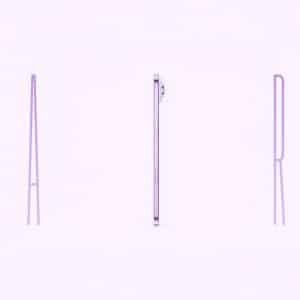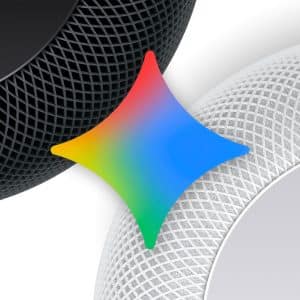For an industry that’s based on math, science and engineering, technology sure spawns a surprising amount of myths.
Macs never get viruses.
Last year’s outbreak of the malicious Trojan called Flashback infected more than 600,000 Macs. The year before that, the fake anti-virus rogueware known as MacDefender also caused chaos for Mac users.
These high-profile security breaches were a wake-up call for Mac users who believed that Apple computers were immune to the viruses that plague PC users.
Like PC users, Mac users should make safe browsing and vigilant virus monitoring a top priority.
You get what you pay for with software.
Modern computer users are lucky to have a vast and growing library of free, open-source software available. Open-source free software can save you hundreds or thousands of dollars over commercial programs without sacrificing essential features.
LibreOffice and Thunderbird are free programs that can effectively replace Microsoft Office and Outlook. GIMP is a popular free alternative to Adobe Photoshop. VLC will handle nearly any video or movie format you throw at it, including DVD and Blu-ray.
The more megapixels, the better the camera.
Many consumers focus too much on megapixel count when buying cameras. A 16MP camera has to be better than a 12MP camera, right?
Not necessarily. Camera sensor quality is as much about physical sensor size as pixel amount.
A large 12MP sensor in a DSLR will produce better photos than a tiny 16MP sensor in a point-and-shoot.
To cram that many pixels onto a small sensor, manufacturers shrink the size of the pixels. Smaller, crowded pixels don’t capture light as well as bigger pixels spread across a large sensor. The small sensor struggles to capture the tonal range of bright scenes and generates unwanted noise when used in low light.
Password-protected public Wi-Fi is safe.
The point of a password at home is to keep hackers off the network entirely. With public Wi- Fi, hackers can access the network for the price of a cup of coffee.
Once a hacker is on the network, your laptop or mobile gadget is exposed. Any sensitive browsing you do, such as online banking, puts your information at risk of being intercepted.
Some hackers even like to set up their own network with the same name as the coffee shop network. You might think you’re connecting to a legitimate business network, but it’s really a hacker- controlled network.
Be wary about where you go and log in when Web browsing in public. Wait until you get home to do any online banking or shopping, or at least use a cellular connection.
Always buy new gear.
The assumption is that a refurbished device will be faulty or buggy, but sometimes it’s just buyer’s remorse and the gear is fine. How do you know? Go with a refurb from a major company. Tech giants like Apple and Dell fix, test and resell their products with the same support and warranty as new products. Apple even gives you a new battery on mobile products.
Tulsa World
(c) 2013 Tulsa World. Provided by ProQuest LLC. All rights Reserved.












